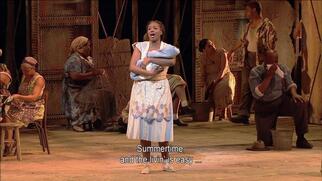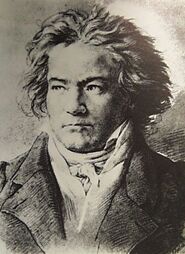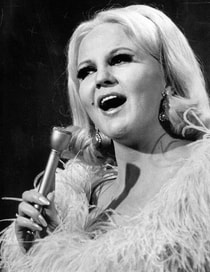
Porgy and Bess was originally a 1925 book by the author DuBose Heyward entitled Porgy. By 1927, Heyward and his wife, Dorothy had turned the book into a play. By 1933, George and Ira Gershwin had entered the picture, signing a contract to turn the book/play into an opera. Let me stress here that all of these people were Caucasian.
Here’s what Wikipedia says about the plot of Porgy: The play tells the story of Porgy, a disabled black beggar who lives in the slums of Charleston, South Carolina. It relates his efforts to rescue Bess, the woman he loves, from Crown, her violent and possessive lover, and a drug dealer called Sporting Life. All of the characters in the opera are people of color. All of the people writing the opera were white.
I am not saying that Porgy and Bess is not a great opera, it is quite possibly the greatest American opera ever written. It has managed to cross the bounds of what is opera and what is musical theatre. It has consistently had only people of color in the cast. No black-face here, thank goodness. I am just saying that the people behind the production were all white.
What I really want to look at this week is the song Summertime, a beautiful aria. (Remember that aria is just the fancy, Italian way of saying a song in an opera. It translates directly as air.) Summertime is the first thing you hear when the curtain rises. The character, Clara, is holding her baby and singing a lullaby. That’s right, Summertime, the song that you hear divas going full-volume on is a lullaby.
In singing, we talk about different registers within the voice. There is a chest voice, middle register, and the head tones. The chest voice is called this because it feels like it is resonating in the chest. You can feel the vibrations there. (In actuality, the voice cannot be resonating in the chest, because that is below the vocal cords.) Then there is the middle register. Between the chest and middle range is where most people sing. Then come the head tones, so called because they feel like they are resonating in the head, in the sinus cavities. (Much more likely than the chest!)
Back to our song. In the original key of A minor, the song hovers on an F. This particular F tends to be where most sopranos have what is called a break, or if we want to get fancy, a passagio, or passage. This break is where the middle range and the head tones divide. Until the singer has learned how to bridge this passage, the voice will often break. Because of where this song lies in the soprano range, it is a very difficult song to sing well. And since it is also a lullaby, it must be sung softly. Unless you want to wake the baby.
This is also one of those songs that many people think existed before the musical, that Gershwin just used an already existing folk song and incorporated it into his opera. That is a huge compliment to the composer. He created something that sounds like it has been around for a long, long time. And it is true that, as with many folk songs, there are just about as many ways to sing Summertime, as there are people who sing it.
I will be playing some versions of Summertime this week on my Minnich Music FaceBook page this week, so be sure to check those out. If you are able, I hope that you can join the protests. These are pivotal times we are living in. Be safe.
Until next time!









 RSS Feed
RSS Feed